The Zen poetry of the kings-Zen masters of the Tran Dynasty is a blend of morality and everyday images. Not withdrawing into seclusion, but existing in the midst of the mundane world. Not avoiding life, but practicing right in the marketplace, in the royal court, among the people's affairs, and the affairs of the country.
That is the opinion of researcher Nhat Chieu about the works of the Tran kings in the discussion and exchange "Listening to Buddha walking in the middle of life: Poetry of Tran Thai Tong and Tran Nhan Tong" held on April 20 in Hanoi with the participation of many readers who love poetry and love national culture and history.
Researcher Nhat Chieu read and commented on the poems of the two kings Tran Thai Tong and Tran Nhan Tong to help readers understand why the Truc Lam Zen sect became a unique national Zen sect, different from contemporary Chinese Zen sects.
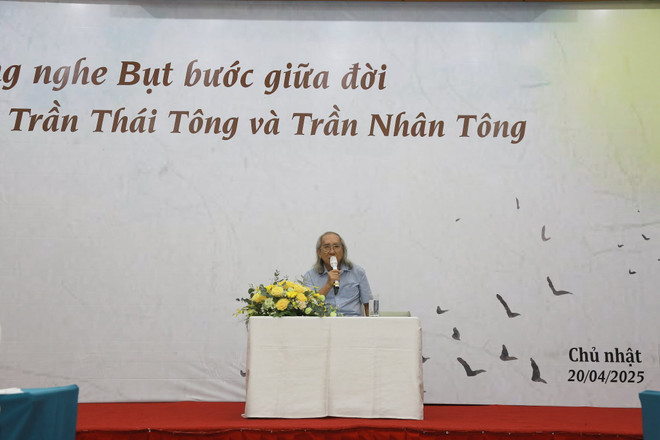
“The Truc Lam Zen sect is not just a Zen sect, but the soul of Vietnamese culture: both noble and practical, both liberating and closely connected to human life,” said Mr. Nhat Chieu.
Accordingly, in the work “Khoa hu luc,” King Tran Thai Tong not only wrote essays, but also used verses to express his direct understanding. One of the famous verses is:
"Right and wrong, gain and loss, flowing water/ Prosperity and decline, fame and fortune, drifting clouds at the end of the sky/ Waking up from a late spring dream, filled with sadness/ A moment of silence, shining with sincerity."
Simple words, but profound meaning: Life is a dream, fame and fortune are the rain, awakening is reality.
As for Tran Nhan Tong, in his masterpiece “Cư trần lạc đạo phu,” he made a profound change for Vietnamese Buddhism. He wrote:
"In life, enjoy the Dharma and follow your fate/ When hungry, eat; when tired, sleep. Treasures are available at home, stop searching. Face the situation with a blank mind, don't ask about Zen."
“These four verses not only contain a concise explanation of Zen, but also reflect the lifestyle and morality that Truc Lam Zen wants to spread: Not escaping from life, not rejecting the world, but living fully in it with a calm mind. Zen is living true to yourself, in every present moment,” said researcher Nhat Chieu.
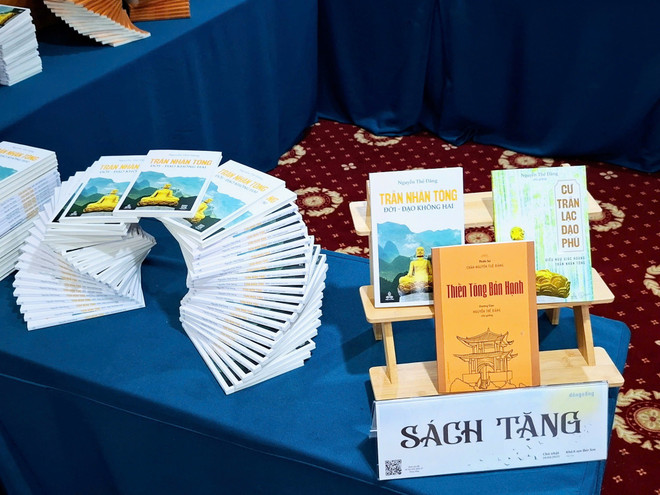
Researcher Nhat Chieu said: “800 years have passed but the values that the two works left behind are still valid, which is the practice between religion and life. We want to spread these values so that the public, especially young people, can understand more about national culture and practice them today, when people are facing tensions and conflicts.”
According to Associate Professor-PhD Nguyen Tien Vinh, Director of the Tran Nhan Tong Institute, Buddhism in the Tran Dynasty entered life more deeply and prominently than in previous periods. The spirit of entering the world at that time was extremely strong, especially the three kings Tran Thai Tong, Tran Thanh Tong and Tran Nhan Tong brought Buddhism into life with a new consciousness, both as wise kings for the nation and people, and at the same time expressing their own depth, creating a heroic spirit of Dong A./.
Researcher, teacher, translator Nhat Chieu (full name Phan Nhut Chieu) was born in 1951 in Ho Chi Minh City. He was a former member of the Council of Translation Theory and Criticism, Ho Chi Minh City Writers Association, term VII.
Nhat Chieu's professional reputation is also affirmed through a series of valuable works such as: "Japanese Literature" (research), "Three Thousand Fragrant Worlds" (research), "Masterpieces of World Literature" (co-authored), "Basho and Haiku Poetry" (research), "Japan in the Mirror" (research), "Outline of Oriental Culture" (co-authored)...
In addition, as a writer, he is also known for works such as: "The Prophecy of the Dew Drop" (a bilingual collection of Vietnamese-English stories), "I am another person", "The person who returns to like"...
Source: https://www.vietnamplus.vn/lang-nghe-but-buoc-giua-doi-thong-qua-tho-phu-cua-hai-vi-vua-nha-tran-post1033924.vnp




![[Photo] Prime Minister Pham Minh Chinh receives Swedish Minister of International Development Cooperation and Foreign Trade](https://vphoto.vietnam.vn/thumb/1200x675/vietnam/resource/IMAGE/2025/5/12/ae50d0bb57584fd1bbe1cd77d9ad6d97)

![[Photo] Prime Minister Pham Minh Chinh works with the Standing Committee of Thai Binh Provincial Party Committee](https://vphoto.vietnam.vn/thumb/1200x675/vietnam/resource/IMAGE/2025/5/12/f514ab990c544e05a446f77bba59c7d1)
![[Photo] Prime Minister Pham Minh Chinh starts construction of vital highway through Thai Binh and Nam Dinh](https://vphoto.vietnam.vn/thumb/1200x675/vietnam/resource/IMAGE/2025/5/12/52d98584ccea4c8dbf7c7f7484433af5)
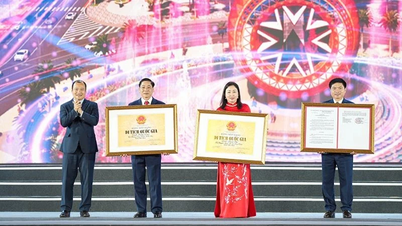

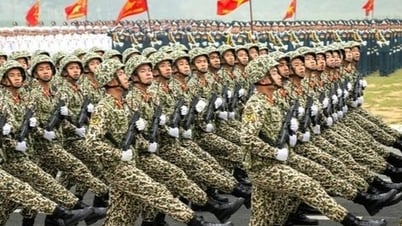


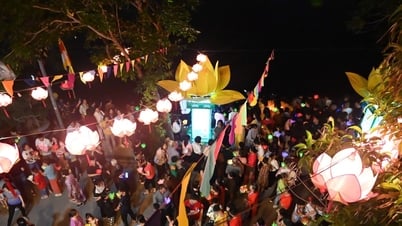






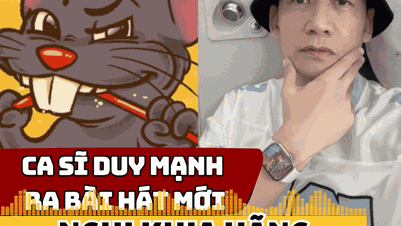


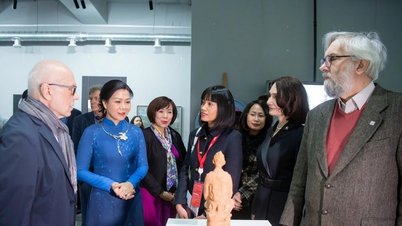
















































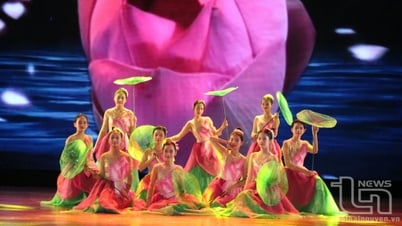




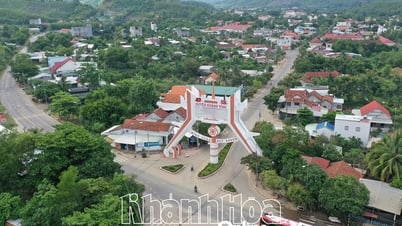














Comment (0)